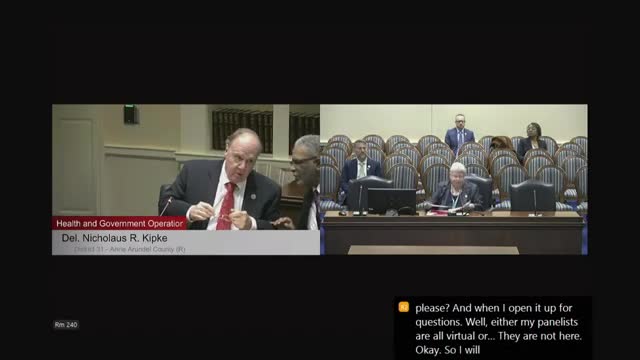Article not found
This article is no longer available. But don't worry—we've gathered other articles that discuss the same topic.
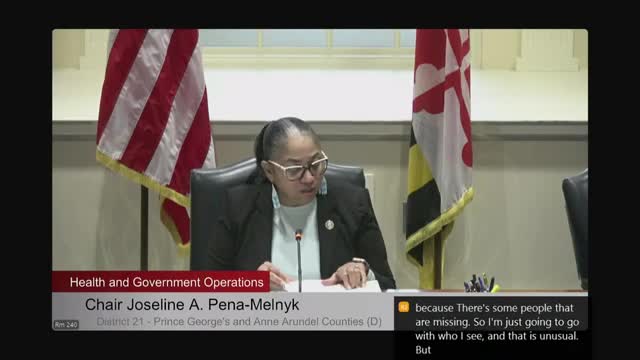
Panel urges removal of 65‑year age cap for Maryland’s Employed Individuals with Disabilities Medicaid buy‑in
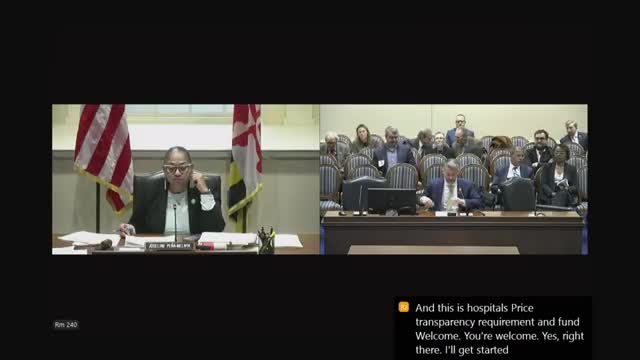
Delegate proposes state enforcement for hospital price‑transparency rule; hospitals urge federal process
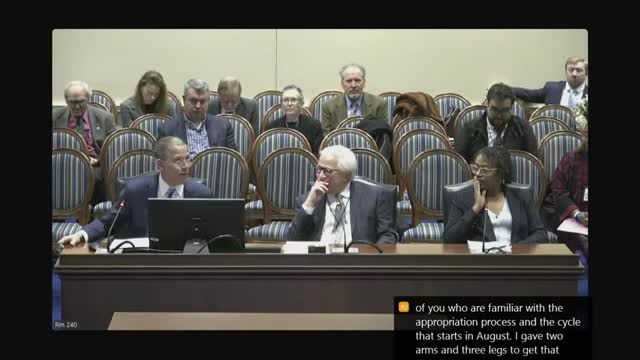
Committee hears bill to phase out PFAS active ingredients in pesticides; farmers, hospitals and pest‑control groups urge changes
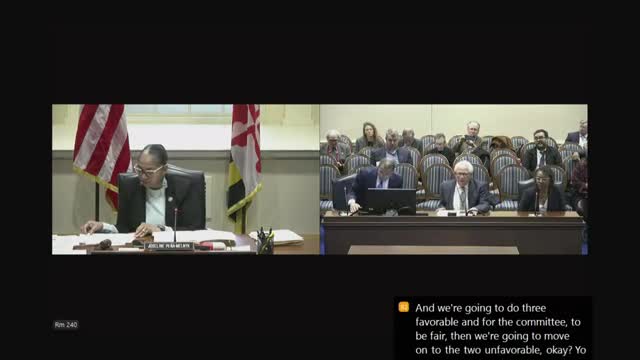
Attorney General seeks opioid restitution funding for state enforcement unit; advocates want safeguards
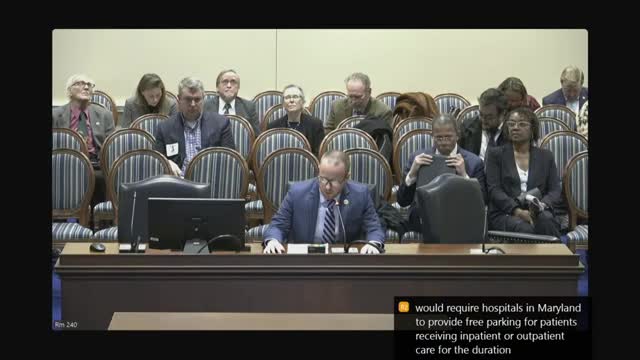
Delegate Schindler’s bill would require free patient parking at Maryland hospitals; hospitals say contracts, budgets complicate mandate
